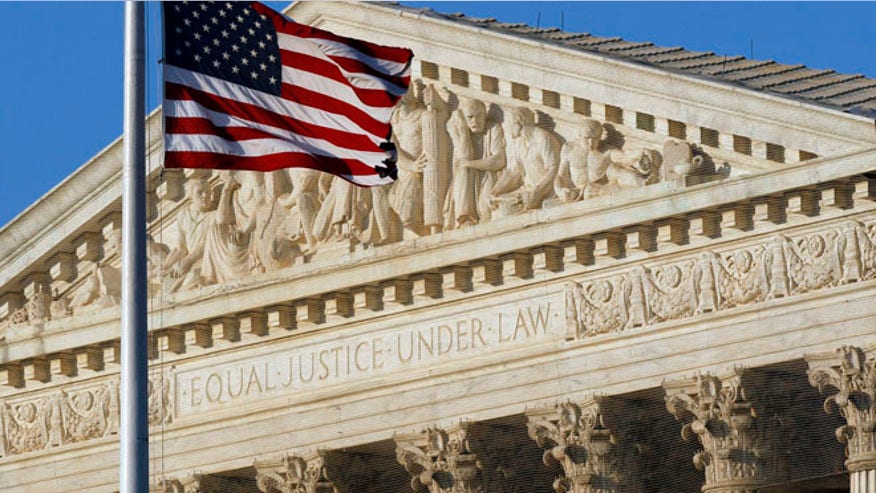

The Eighth Amendment states that “excessive bail shall not be required, nor excessive fines imposed, nor cruel and unusual punishment inflicted.” U.S. Const. amend. VIII. In recent case law, the Supreme Court of the United States has prohibited a sentence of death to juveniles under the age of 18 through the Eighth Amendment, made applicable by the Fourteenth Amendment’s right to due process. The High Court also established that a life sentence without parole is highly discouraged.
Terms-of-years sentences, or aggregate sentencing, for non-homicide offenders which sentence a juvenile to a prison sentence exceeding their natural life span is unconstitutional per Henry v. State of Florida and Gridine v. State of Florida. Those cases upheld that a juvenile must have a “meaningful opportunity" to obtain release based on demonstrated maturity and rehabilitation. Under the Eighth Amendment the appropriate remedy in Florida for all juvenile offenders whose sentences are deemed unconstitutional by Miller is to apply chapter 2014-220, Laws of Florida. Chapter 2014-220 has three sections detailing requirements the court must follow when sentencing juveniles under the age of 18.
All information included in this guide is meant for instructional purposes only and is not intended as legal advice. No attorney-client relationship has been created. You should always consult an attorney to determine your legal rights.
